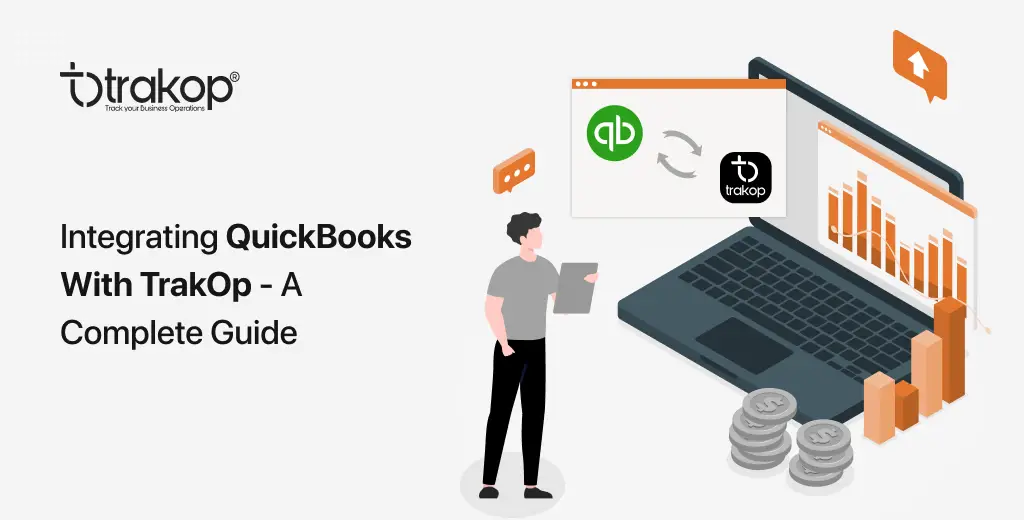What is Scalability in Business? How to scale your Business?
“To scale” or “to grow” is the ultimate goal of the business. Being able to scale in business means that the business is growing and is able to scale regardless of the demand or market challenges.

In this article, you’ll learn and be able to understand about:
- What is the salability in business?
- Why technology is important to scale your business?
- What are the challenges faced when it comes to scaling your business?
- How can digitalization help in the scalability of the business?
- What are the top 5 automation techniques that bring scalability to the business?
What is scalability in business?
In business, scalability is referred to as the potential of a business to cope with challenges, maintain high sales, and increase profitability. Scalability is also associated with efficiently cutting off extra costs and increasing the profitability and productivity of the business.
Businesses aim at scaling efficiently without undergoing any bottlenecks. Being consistent and able to meet the customers’ demand while facing other market challenges is a challenging part, however, technology has played its part well. Integrating technology like a delivery management system helps in streamlining the entire business and makes the process more efficient.
Why technology is important to scale the business?
- Increases operational efficiency – Integration of technology with business automates the distribution process. This helps in minimizing the delivery turnaround time and reduces carbon footprinting. All the operations in the business are controlled by the admin from the admin panel.
- Reduce expenses – Automation allows businesses to cut off extra labour costs and minimize turnaround time which helps in saving fuel costs.
- Data analytics and trends to analyze – Integration of technology with the business provides detailed data on sales/ product sales that assists in analyzing the profit and loss value. The product sales data helps understand the customers’ sentiments, analyze them, and then plan stocks accordingly. It also provides data on distribution and logistics.
- To enhance the customer experience – Automation integration promotes transparency between customers and businesses due to the automated creation of order summaries and invoices. Customers can easily place orders from the customer interface and can track their orders in real time. This reduces the chances of any future customer disputes and brings customer satisfaction.
What are the challenges faced when it comes to scaling your business?
- Selecting the right technology – Different businesses have different requirements and all the software might not be appropriate for all businesses. It is important to pick the right automation technology for your business.
- Lack of adequate funds – Many businesses find technology expensive to use. While scaling the business, they either launch a new product or expand their business area wise which means higher delivery costs, fuel costs, drivers’ costs, and issues in last-mile deliveries.
- Shortage of customer demand – It is difficult to understand the target audience while scaling the business which can result in a lack of understanding of the “Total addressable market” (TAM), “serviceable addressable market” (SAM), and “serviceable obtainable market” (SOM).
- Reaching out to wider customers digitally – It is difficult to reach out to the maximum target customers digitally without using certain tools which help in identifying the target audience.
- Experienced team – Scaling the business requires experts in the market that are hard and costly to find.
How can digitalization help in the scalability of the business?
- Streamline and automate – Digitalization helps automate business operations which makes the process streamlined and increases the efficiency of the business.
- No dependency on delivery aggregators – Delivery aggregators are referred to as third-party logistics. While scaling the business, digitalization removes the need for delivery aggregators, instead, they can hire and process in-house deliveries.
- Cost-efficient and on-time deliveries – Digitalization helps businesses automate order management, which cuts extra labor costs and ensures on-time deliveries.
- Insightful business analytics – Automation helps businesses to get detailed reports on sales, profit/loss, and customer details. Analyzing these reports allows the business to understand the current health of its business
What are the top 5 automation techniques that bring scalability to the business?
- Real-time tracking – Automation in the business allows them to track the order from the step when it is being placed till it is delivered in real-time.
- Route-optimization – Route optimization help in finding the shortest path to deliver the order that reduces the fuel consumption cost, and saves time. Delivery management software is crucial for optimising deliveries and cutting off extra operational costs.
- Order management – Automated order management involves processes that start with order placement and is completed once the order is delivered and also include returns.
- Insightful business analytics – Automation provides businesses with detailed analytics of available inventory, inventory required to fulfil orders, sales reports, and profit/loss. These reports help businesses in understanding customer sentiments, plan future stocks, and make strategies to scale the business.
Technology plays an important role in increasing the scalability of the business. It is important that you choose the right technology for your business that provides you with all the required features and is cost-efficient.
If you are interested in knowing more about scalability in business and learning how we can help you scale: Book a Meeting
Hope You Enjoyed the Read!

He loves to explore. His passion for helping delivery industries in all aspects flows through in the vision he has. In addition to providing smart solution to make delivery process flawless, Ravi also likes to write sometimes to make it easier for people from business industry looking for digital solutions.










